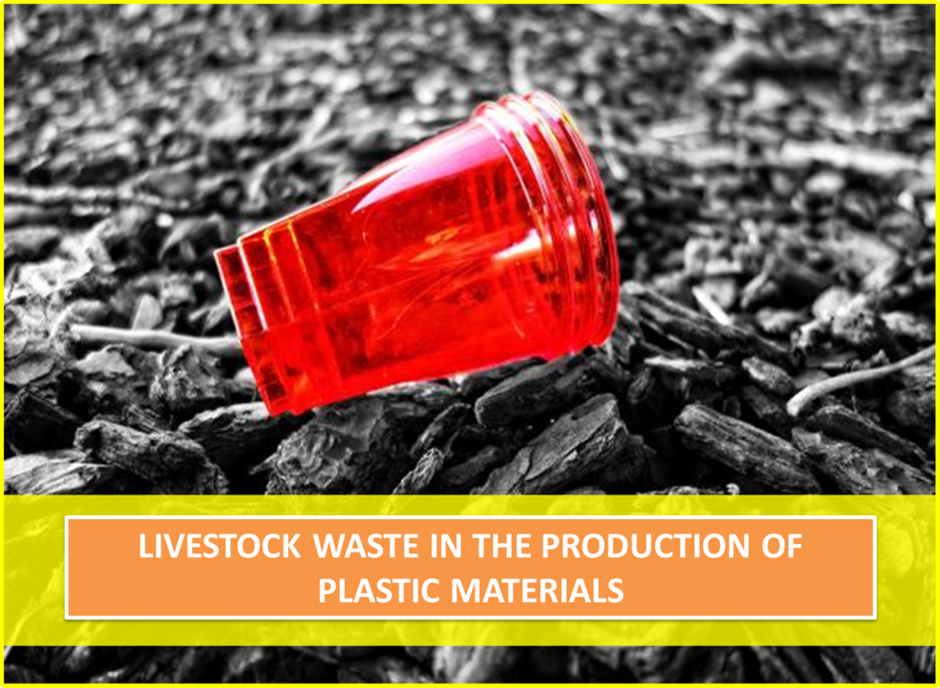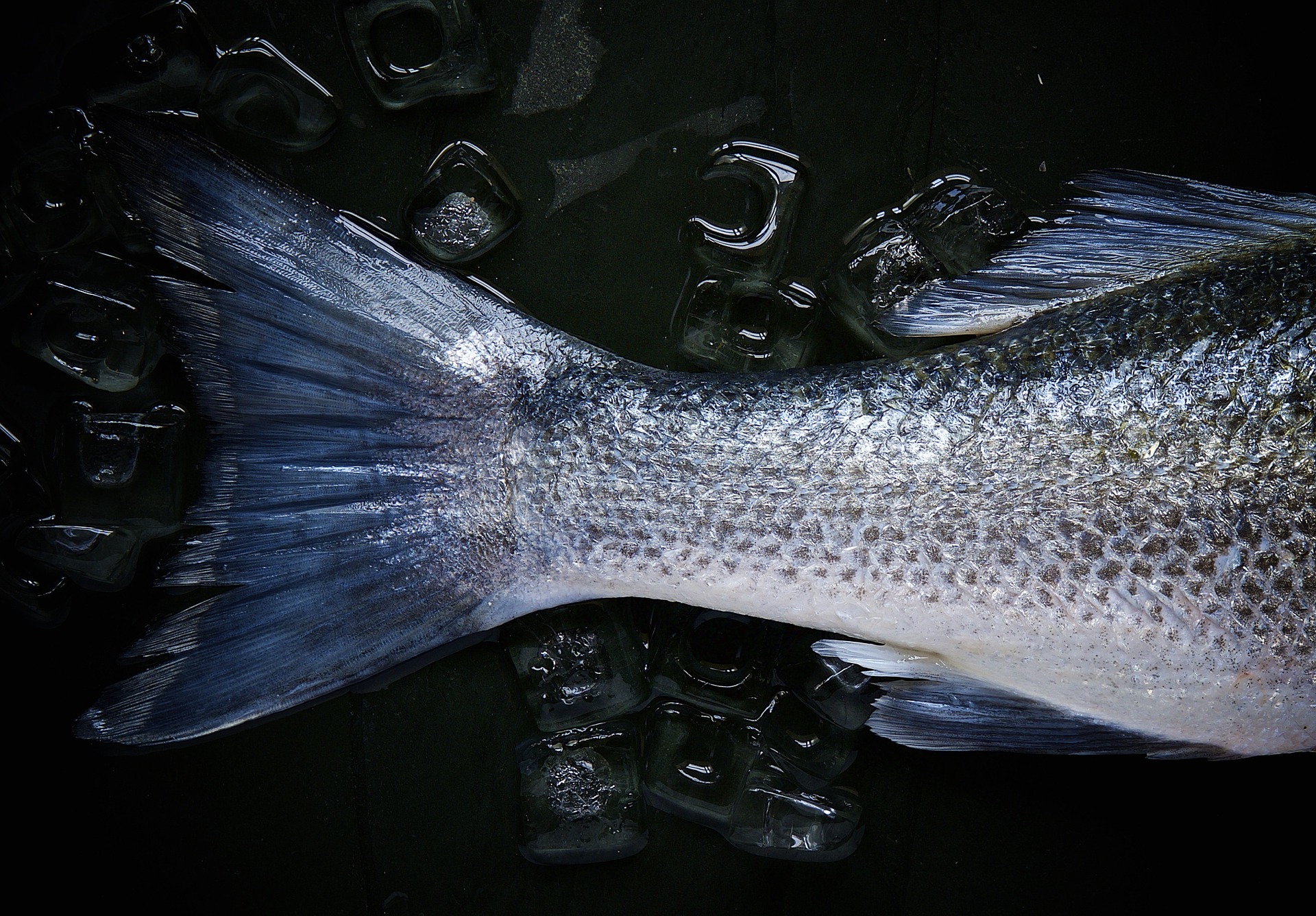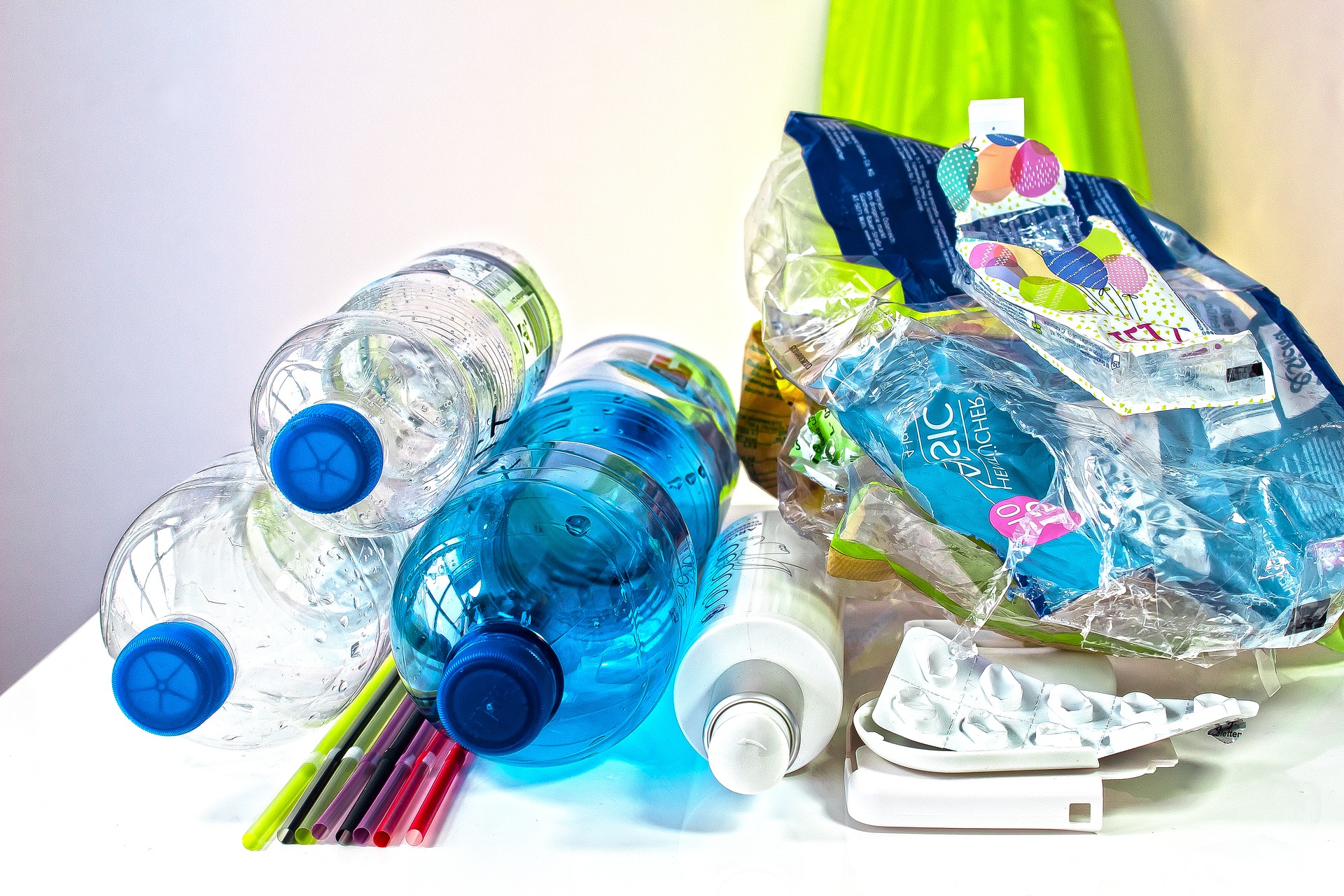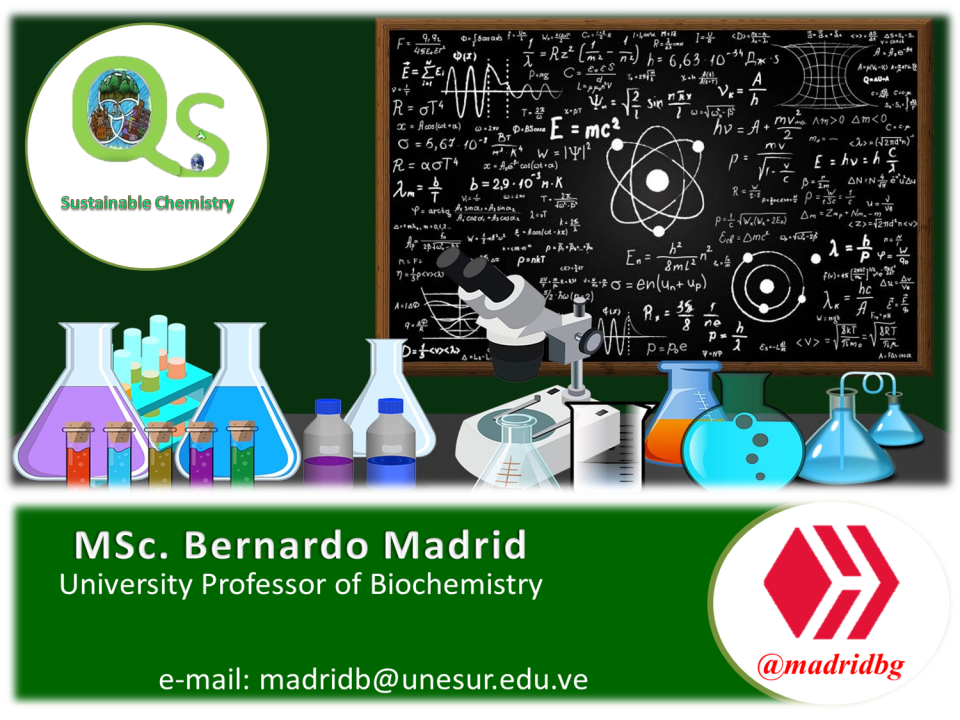
Author: @madridbg, through Power Point 2010, using public domain images.
Welcome dear users of this prestigious platform, especially those who live daily in the @project.hope community. This publication serves as socialization material to generate contributions in terms of sustainability and environmental balance.
So we will focus our attention on the study of some alternatives that have been presented and that allow the reuse of waste generated in the fishing industry and incorporate them into a new commercial production gear.
Although the idea sounds somewhat far-fetched, there is currently a set of research being developed that points to the use of fish scales in the development of flexible screens with technological applications, the contribution is aimed at the elaboration of the layers or transparent sheets where the emission of light is achieved, which is reflected in the form of an image that we perceive through our eyes.
So that the project is based on the preparation of a gelatinous base from the waste generated in the fishing industry, specifically fish scales which allows to generate a kind of plastic that fulfill the function of the films produced at industrial level.

Fig. 2. Fish scales and their use in the production of plastic sheets. Author: Free-Photos
This alternative allows us to continue advancing in terms of sustainability, if it can be replicated on a large scale only with the waste generated in the daily activities of the livestock industry. This statement is fundamental, because we do not want to generate a climate where the exploitation of the species prevails as a measure to generate greater economic income by capitalists or rentiers.
The fundamental idea behind the project is based on two different aspects, firstly the reduction of polluting material coming from hydrocarbons or fossil fuels and the second aspect points to the sustainable use of waste, so that they are no longer seen as pollutants and we can include them in a new production system.

Fig. 3. We must replace waste generated on an industrial scale. Author: Free-Photos
The best of all is that the material obtained can be recyclable and it would only be enough to treat it with hot water and let it take approximately 24 days for its biodegradation to occur under existing environmental conditions.
From my perspective and as a person associated with the scientific area, I think it is appropriate that research like this is being developed, because it gives us a broader view of the advances that we can generate in terms of environmental protection and care. So I would like to know your opinion about this scientific and technological advance.
BIBLIOGRAPHY CONSULTED
[1] Barrier, D and Col. (2013). Production of partially degradable plastic with high density polyethylene (HDPE) and the waste dextrin of Solanum tuberosum Química Viva, vol. 12, no. 1, pp. 27-38. University of Buenos Aires. Argentina. Article: Online Access
OF INTEREST
•

Grateful with the community @project.hope and with all the management team of the same one that they motivate us to continue working in a mutual and balanced growth.


If we manage to generate plastics from animal organic matter we would be proposing a sustainable scenario in the present and near future, I am very excited about the idea.
Greetings and thanks for this magnificent post.
Hi @sandracarrascal, no doubt these are alternatives that allow us to think of a future where environmental disasters gradually decrease, thanks for stopping by and leaving your comment.
Greetings @Madridbg "The fundamental idea behind the project is based on two differentiated aspects, firstly the reduction of polluting material coming from hydrocarbons or fossil fuels and the second aspect points to the sustainable use of waste, so that they are no longer seen as pollutants and we can include them in a new production system." Excellent publication, starting to use waste from the sea to generate plastics is very good for the environment. Hopefully something can also be done with the spines to not lose any of the fish.